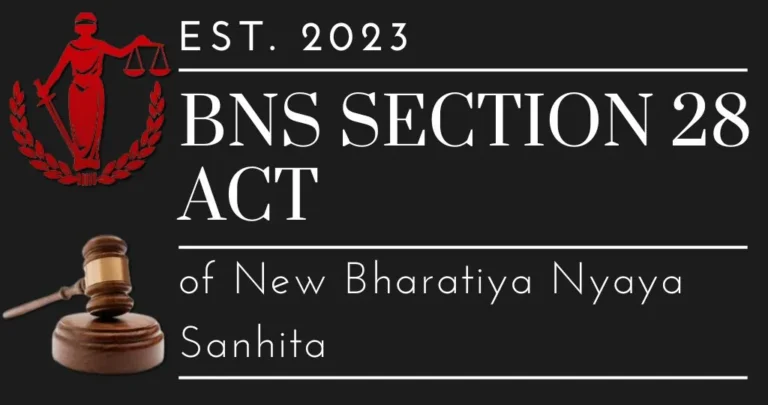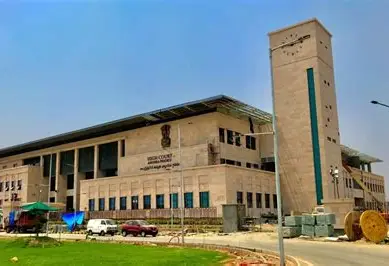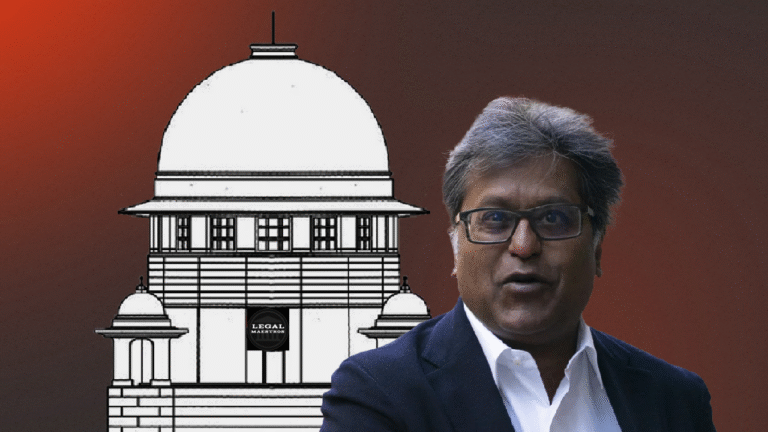
Understanding the Right to Recall Witnesses after Changes in Charges: Section 240 of the Bharatiya Nagarik Suraksha Sanhita, 2023
Comprehending the Right to Recall Witnesses in Case of Alterations in Charges: Section 240 of the Bharatiya Nagarik Suraksha Sanhita, 2023
The Bharatiya Nagarik Suraksha Sanhita (BNSS) of 2023, under Section 240, provides both the prosecutor and the accused with the right to recall and re-examine witnesses if charges are changed or added during a trial. This provision protects the fairness of the trial and permits both parties to realign their cases based on the new or amended charges. To understand Section 240 in its totality, it is necessary to have it in juxtaposition with Section 239, which empowers the court to alter charges as needed during the progress of a trial.
Section 239: Amending or Supplementing Charges in a Trial
For More Updates & Regular Notes Join Our Whats App Group (https://chat.whatsapp.com/DkucckgAEJbCtXwXr2yIt0) and Telegram Group ( https://t.me/legalmaestroeducators ) contact@legalmaestros.com.
Under Section 239, the court may change or add charges at any time prior to judgment. Such flexibility is important as fresh evidence may become available or a better appreciation of the facts is gained during the course of the trial. But the court must bear in mind that any change ought not to unfairly prejudice the prosecutor or the accused. If prejudice is likely to cause injustice, the trial can be adjourned or a new one ordered to secure justice.
If charges are changed, Section 239 requires that the accused must be notified of the changes and that he or she must clearly comprehend the essence of the new or altered charges. This helps ensure that the accused has an equal opportunity to react to such alteration and is set to defend himself or herself.
Section 240: Right to Recall and Re-Examine Witnesses
Following Section 239, Section 240 is concerned with ensuring equity by giving the right to the prosecutor as well as the accused to recall and re-examine witnesses in the event of a change of charges. This provision is meant to prevent either party from being at a disadvantage through the lack of being able to question the new introduced or altered facts of the case.
Rights Conferred under Section 240
The subsection gives two main rights to both the accused and the prosecutor once the court amends or adds charges:
Right to Re-call or Re-summon Witnesses: Once charges are amended, both the prosecutor and the accused have the right to re-call or re-summon previously testified witnesses. This entails questioning such witnesses with questions specifically directed towards new or changed charges. This right allows the testimony to capture all relevant information concerning the amended charges.
For example, if the court originally charged a person with theft and subsequently changed the charge to “theft and fraudulent misrepresentation,” the accused may wish to call a witness who gave evidence of the facts surrounding the theft. The witness could then be asked if they noticed any conduct that might be construed as fraud, providing the accused with a reasonable opportunity to rebut the new aspect of fraudulent intent.
Right to Call New Witnesses: Besides calling existing witnesses, the accused and the prosecutor can also call new witnesses who could be pertinent to the amended charges. The court evaluates and determines whether a new witness’s evidence is material to the case, depending on the amended charges. This provision assists in developing a full picture of the case, making sure that any new facts or aspects introduced by the amendments are thoroughly investigated.
For instance, if an accused is originally charged with a lesser offense and the court subsequently adds a higher offense, the accused may want to call a witness who can give evidence on their character, confirm an alibi, or give fresh evidence to refute the higher offense.
Restrictions to Avoid Abuse
Though Section 240 gives both parties the power to recall or call witnesses, it also puts in place restrictions to avoid abuse. The court may exercise its discretion and refuse the application to recall a witness if, in its view, the motivation behind the request is to adjourn the proceeding or create avoidable inconvenience. If the court is of the opinion that it is not sincerely necessary to have a witness recalled to deal with the new offence but to interfere with justice, it may turn down the request and is obligated to state reasons in writing.
For example, if the defendant keeps recalling witnesses without justifiable reasons or raises irrelevant questions with the aim of prolonging the trial, the court may step in and decline the request. This provision safeguards against undue delay while ensuring that all legitimate needs are met.
Practical Examples of Section 240 in Practice
To give an idea of how Section 240 may function in practical situations, consider the following examples:
Example of Recalling a Witness: For instance, an accused individual stands trial on a minor property offense. New evidence is brought to light during the trial that the offense had a more serious dimension, e.g., fraud. The court amends the charge accordingly. The accused can recall a witness previously given evidence, who is able to give evidence regarding intentions and interactions at the time, and argue that there was no fraudulent intention involved.
Example of Calling a New Witness: If the original offense is alleged as simple assault but later transformed into “assault with a deadly weapon,” the accused may request to introduce a new witness who witnessed the act and would attest that no weapon was available. Likewise, the prosecutor also can call for a new witness who witnessed the accused holding the weapon just a while before the crime.
In both instances, Section 240 offers the structure to guarantee that the altered charges are investigated in detail and that all pertinent testimony is heard, fostering a balanced and equitable trial.
Comparison with Sections 237 and 238
To understand the comprehensiveness of Section 240, it is useful to compare Sections 237 and 238. Section 237 reiterates that the language utilized in charging language should be interpreted in accordance with the applicable law. This serves to clarify the precise nature of the charge in case it is altered or increased. Section 238, however, addresses the effect of mistakes in charging, observing that small errors do not ipso facto render charges null and void unless they mislead the accused and lead to injustice. These two sections complement Section 240 by supplying a foundation for correct framing of charges and against unfair trial procedures in case mistakes happen.
Conclusion: Section 240’s Role in Fair Trial Procedure
Section 240 of the Bharatiya Nagarik Suraksha Sanhita, 2023, is an important provision that provides that if the charges are amended, the trial is not prejudiced for or against either the prosecutor or the accused. Through the facility of recalling and re-examining witnesses and by the admission of new witnesses to give evidence on issues concerning the new or amended charges, Section 240 equalizes the balance of justice so that both sides can adjust their cases as needed.
Together with Sections 237, 238, and 239, Section 240 adds to the fairness of the trial process by providing protection against unintended prejudice or disadvantage. It highlights the significance of clarity, thorough scrutiny of evidence, and due process wherever charges are altered, ultimately making India’s criminal justice system stronger.






